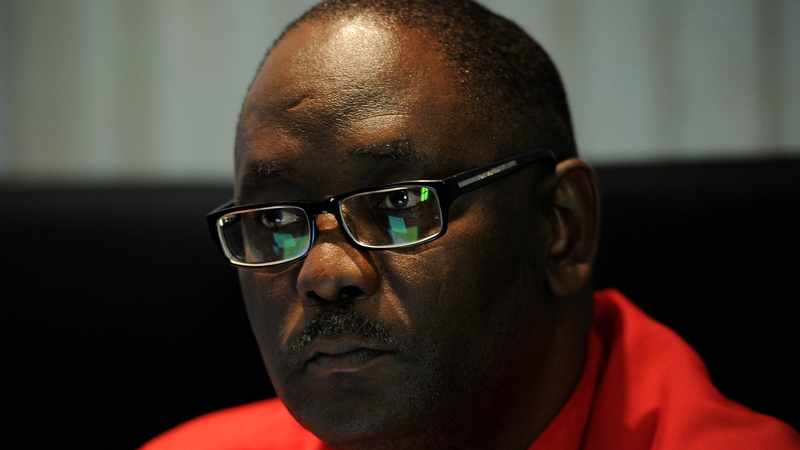
Pretoria – The South African Federation of Trade Unions (Saftu) has criticised the government for the slow rollout of the Covid-19 vaccination programme as the daily number of new infections and deaths from the pandemic rise.
Saftu general secretary Zwelinzima Vavi noted how a local newspaper had reported this week that the government was giving preference to drugs from Johnson & Johnson and Pfizer at the expense of other manufacturers.
“Many have criticised the shortage of vaccines due to government incompetence, for example, failing to purchase access over a year ago when it was clear the vaccines would be produced – and the bias of those leading the SA Health Products Regulatory Authority (Sahpra),” Vavi said.
“The bias against certain suppliers is, ironically, slowing the testing of Chinese, Russian and Cuban vaccines. Sunday Independent reported this week that government is giving preference to J&J and Pfizer because they have professors and researchers in Sahpra who push the trials and approvals of such vaccine manufacturers quicker than others.”
An anonymous Sahpra board member told Sunday Independent that the favouritism was delaying the approval of China’s Sinovac and Russia’s Sputnik vaccines for use in South Africa.
“Perhaps this explains why government is said to have rejected 15 million doses of Sputnik which would have arrived between March and May. But the delay on accessing the J&J vaccine has put the government in a desperate position leading to its dramatic turn towards Sputnik,” said Vavi.
“Reportedly, government has gone back to Sputnik manufacturers to order 5 million doses. However, because of the negligent attitude, it will now cost the country R680 million to buy these, even though at an earlier date, the state could have gained 15 million doses for free.”
The World Health Organization has approved the CoronaVac Covid-19 vaccine produced by China’s Sinovac Biotech for emergency use. However, Sahpra has been reviewing Sinovac’s application since March and has yet to give it the green light.
In a budget vote speech in the National Assembly last week, President Cyril Ramaphosa welcomed WHO’s approval of Sinovac and expressed hope that Sahpra would expedite its review processes.
“As we accelerate the roll-out of vaccines, we continue to engage various manufacturers to ensure a reliable and diverse supply of vaccines. We therefore welcome the news that (WHO) has validated the Sinovac Covid-19 vaccine for emergency use,” Ramaphosa said.
“This is a crucial step that should allow our own health products regulatory authority, Sahpra, to expeditiously consider the application from Sinovac.”
In a statement in March, Sahpra chief executive Boitumelo Semete said the regulator had received documentation for the Sinovac vaccine on March 10 and would commence with evaluating its efficacy.
On Tuesday, Saftu said it might take a year for the country to achieve herd immunity for Covid-19, given the slow pace of vaccination.
“Our sober analysis of how the roll-out is [progressing] confirms that we have not made the progress required, especially given developments since two weeks ago. At the point a hold was put on J&J vaccinations produced in Baltimore – due to potential impurities – as ordered by the United States Food and Drug Administration (FDA), Pfizer was the only vaccine available for inoculation,” said Vavi.
“Because Pfizer requires two doses to constitute a complete vaccination, the 900,000 vaccinations administered through Pfizer are incomplete. This means we are dismally lagging behind where we should be.”
“From barely 700,000 inoculations two weeks ago to 1.3 million inoculations … last Friday, means we are administering just over 60,000 doses a day (meaning) government will only achieve the goal of inoculating 67 percent of the adult population in one year and nine months, just as our observations two weeks ago estimated. At this rate, government will fail to achieve herd immunity by the end of this year,” he added.
Statistics released by the ministry of health on Monday night showed that in the last 24 hours, South Africa’s cumulative number of Covid-19 cases had increased by 3, 285 to 1,699,849.
The cumulative total of tests conducted was 11,899,793, with 23,199 new tests recorded since the previous report.
A total of 89 new deaths had been reported, the ministry said, taking the national death toll from the coronavirus to 57,063.
African News Agency (ANA)
Credit IOL